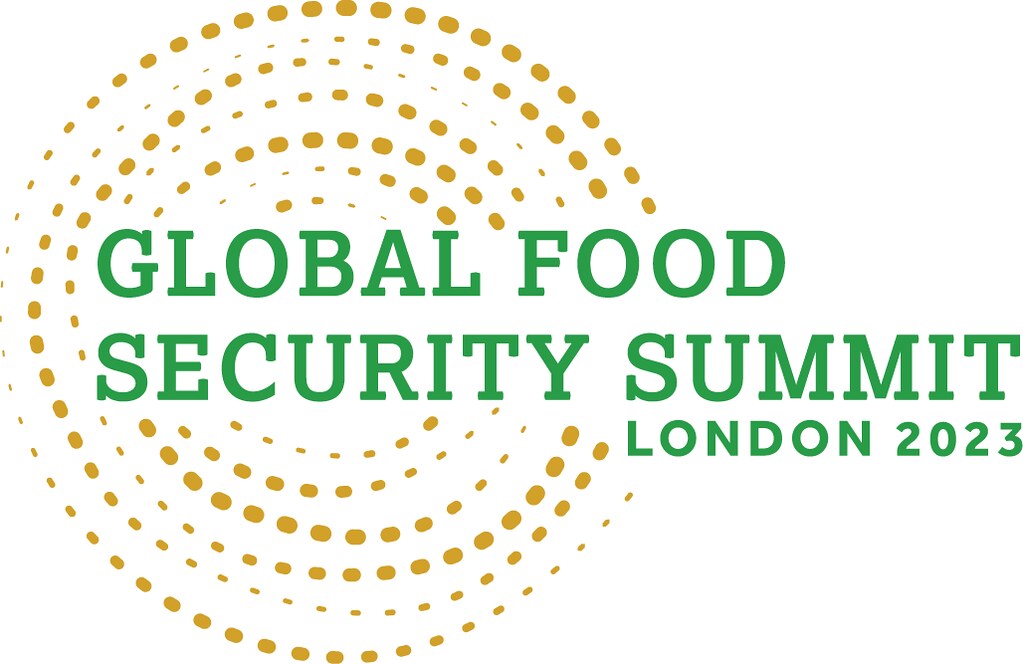The question of what the future holds for global food security is as complex as the systems that feed our planet. While challenges loom large – from a burgeoning global population and the accelerating impacts of today climate change to geopolitical instability and resource depletion – the outlook is not one of inevitable crisis. Instead, it’s a call to innovation, collaboration, and a fundamental reimagining of how we produce, distribute, and consume food.
The sheer scale of the challenge is undeniable. By 2050, the United Nations projects a global population nearing 10 billion. Feeding this many people will require a significant increase in food production, estimated at 50-70% more than what is currently produced. This must be achieved in a world grappling with changing weather patterns, increased frequency of extreme events like droughts and floods, and the degradation of arable land. These climate-induced shifts threaten crop yields, livestock health, and the stability of agricultural systems themselves.
Furthermore, access to food remains a critical issue. While global food production is generally sufficient, deep-rooted inequalities in distribution and affordability mean millions still go hungry. Poverty, conflict, and economic instability are powerful impediments to food security, often exacerbating existing vulnerabilities.
However, the future of food security is not solely defined by these obstacles. It is also being shaped by remarkable advancements and a growing global awareness of the need for sustainable solutions.
Technological Innovation
Precision agriculture, utilizing data analytics, sensors, and AI, promises to optimize resource use, reduce waste, and increase yields. Vertical farming and controlled environment agriculture are emerging as viable options for urban areas, reducing reliance on long supply chains and land availability. Biotechnology offers the potential for developing climate-resilient crops, with enhanced nutritional value and resistance to pests and diseases.
Sustainable Practices
A shift towards more sustainable agricultural practices is gaining momentum. Agroecology, regenerative agriculture, and conservation tillage methods focus on soil health, biodiversity, and reducing environmental impact. These approaches can improve long-term productivity and resilience, making farming systems more robust against environmental shocks.
Diversified Diets and Reduced Waste
Consumer choices and policy shifts are crucial
Promoting diverse diets that are less reliant on resource-intensive products and significantly reducing food waste across the entire value chain – from farm to fork – can alleviate pressure on production systems and improve resource efficiency.
Global Cooperation and Policy
Addressing food security effectively requires strong international collaboration. Governments, international organizations, researchers, and private sector actors must work together to create supportive policies, invest in agricultural research and development, and ensure equitable access to resources and markets, particularly for smallholder farmers who form the backbone of food production in many regions.
SUMMARY
The future of food security is not predetermined. It is a future we are actively building from today. By embracing innovation, committing to sustainability, fostering equitable access, and working collaboratively, we can cultivate a world where everyone has enough nutritious food to thrive. The path ahead demands foresight, investment, and a collective resolve to nourish humanity for generations to come.
